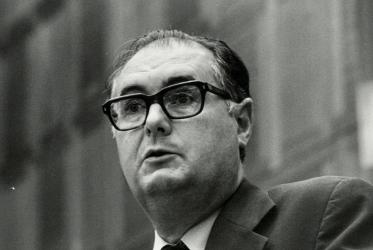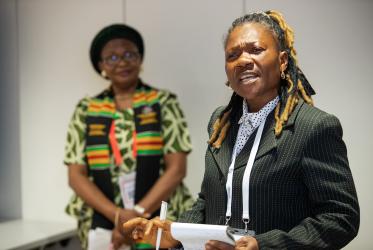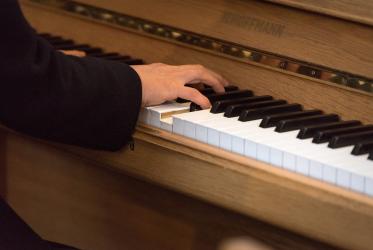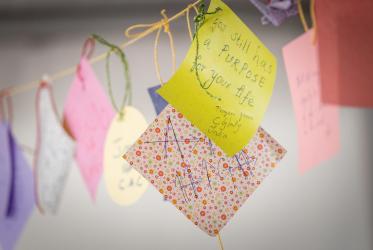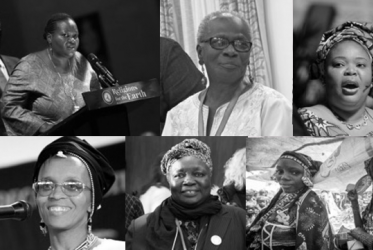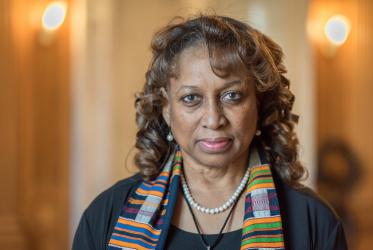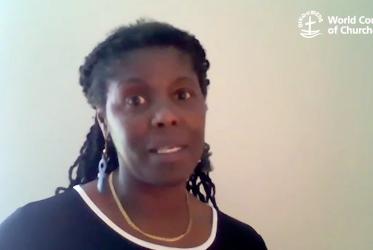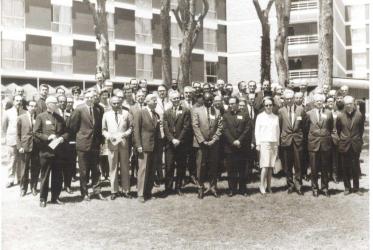Displaying 1 - 20 of 68
WCC mourns the death of Julio de Santa Ana
20 April 2023
Pan-African women tell stories that celebrate who they are
15 September 2022
New student body at Bossey Ecumenical Institute “a source of joy”
14 September 2020
Those who make Bossey so special: The students
14 November 2019

